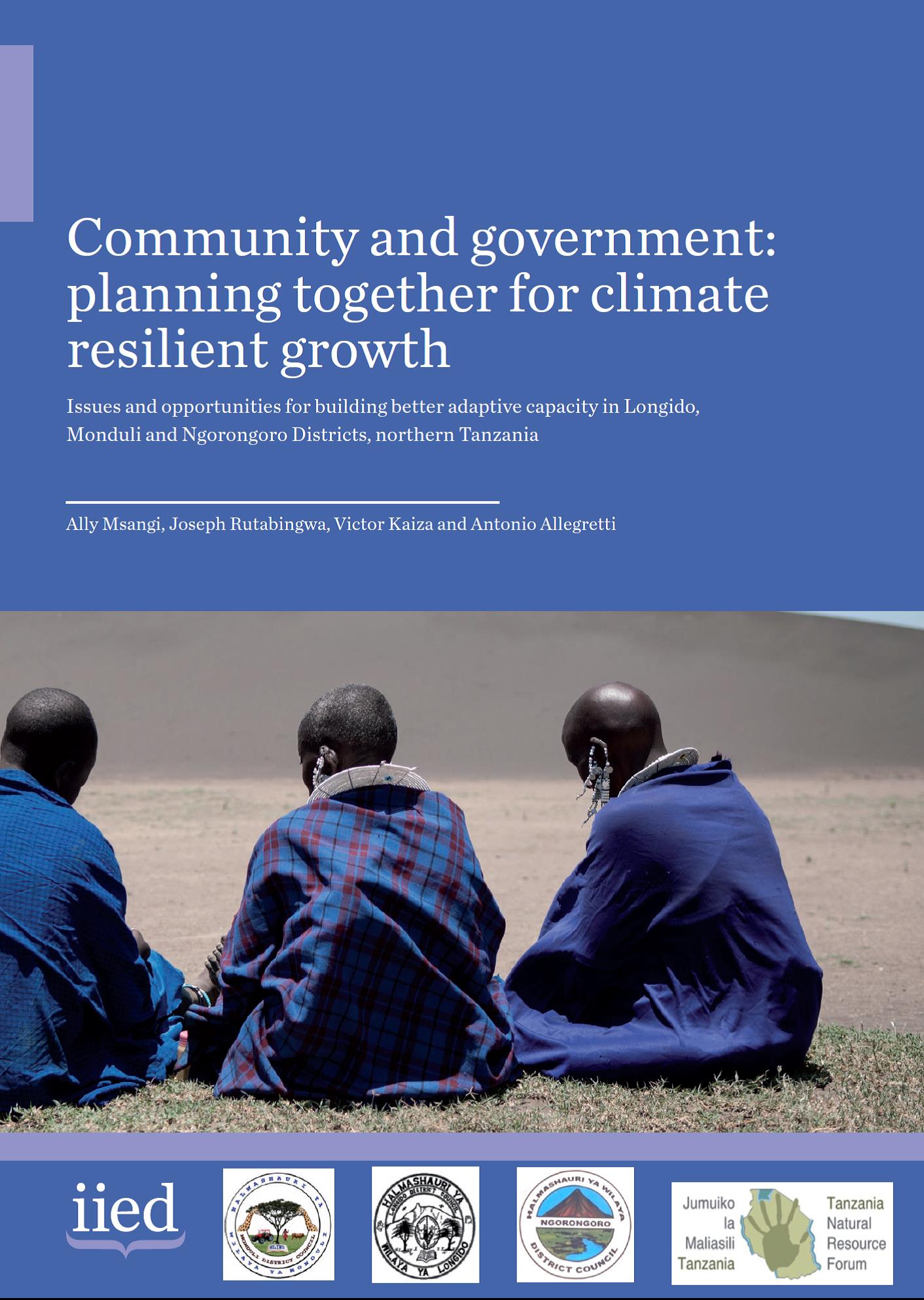Focal point
Location
Mission
Our mission is to build a fairer, more sustainable world, using evidence, action and influence in partnership with others.
Who we are
IIED is one of the world’s most influential international development and environment policy research organisations. Founded in 1971 by economist Barbara Ward, who forged the concept and cause of sustainable development, we work with partners on five continents. We build bridges between policy and practice, rich and poor communities, the government and private sector, and across diverse interest groups. We contribute to many international policy processes and frameworks, including the Intergovernmental Panel on Climate Change, the Millennium Ecosystem Assessment and the UN conventions on climate change and biological diversity.
What we do
IIED carries out research, advice and advocacy work. We carry out action research — generating robust evidence and know-how that is informed by a practical perspective acquired through hands-on research with grassroots partners — and we publish in journals and maintain high research standards. We advise government, business and development agencies, and we argue for changes in public policy. We focus on bottom-up solutions, stay open to flexible, adaptable solutions and are marked by a tradition of challenging conventional wisdom through original thinking.
Resources
Displaying 226 - 230 of 367Community and government: planning together for climate resilient growth
Planning for climate resilience growth is increasingly important for the natural resource dependent economy of Tanzania. Central government does not have the knowledge, reach, skills or resources needed to plan for the range of livelihoods within Tanzania; but local governments, if granted the authority and resources, could plan with communities in the flexible, timely and appropriate manner that climate variability demands.
Community and government: planning together for climate resilient growth
Planning for climate resilience growth is increasingly important for the natural resource dependent economy of Tanzania. Central government does not have the knowledge, reach, skills or resources needed to plan for the range of livelihoods within Tanzania; but local governments, if granted the authority and resources, could plan with communities in the flexible, timely and appropriate manner that climate variability demands.
Community and government: planning together for climate resilient growth
Planning for climate resilience growth is increasingly important for the natural resource dependent economy of Tanzania. Central government does not have the knowledge, reach, skills or resources needed to plan for the range of livelihoods within Tanzania; but local governments, if granted the authority and resources, could plan with communities in the flexible, timely and appropriate manner that climate variability demands.
The biofuels boom and bust in Africa: a timely lesson for the New Alliance initiative
Includes the boom and bust of biofuels investments in Africa; what is the relationship between biofuels and food security?; useful lessons from biofuels investments; the foundation and the implementation of New Alliance in Africa; the challenges of implementing New Alliance Frameworks with African countries; recommendations for policy makers.
Towards security of tenure for farmers in large scale irrigated rice schemes in the Sahel
This is the Final Communiqué from a regional workshop on the theme: “Towards security of tenure for farmers in large scale irrigated rice schemes in the Sahel” which was held on 2nd and 3rd June 2014 in Bamako, Mali.






